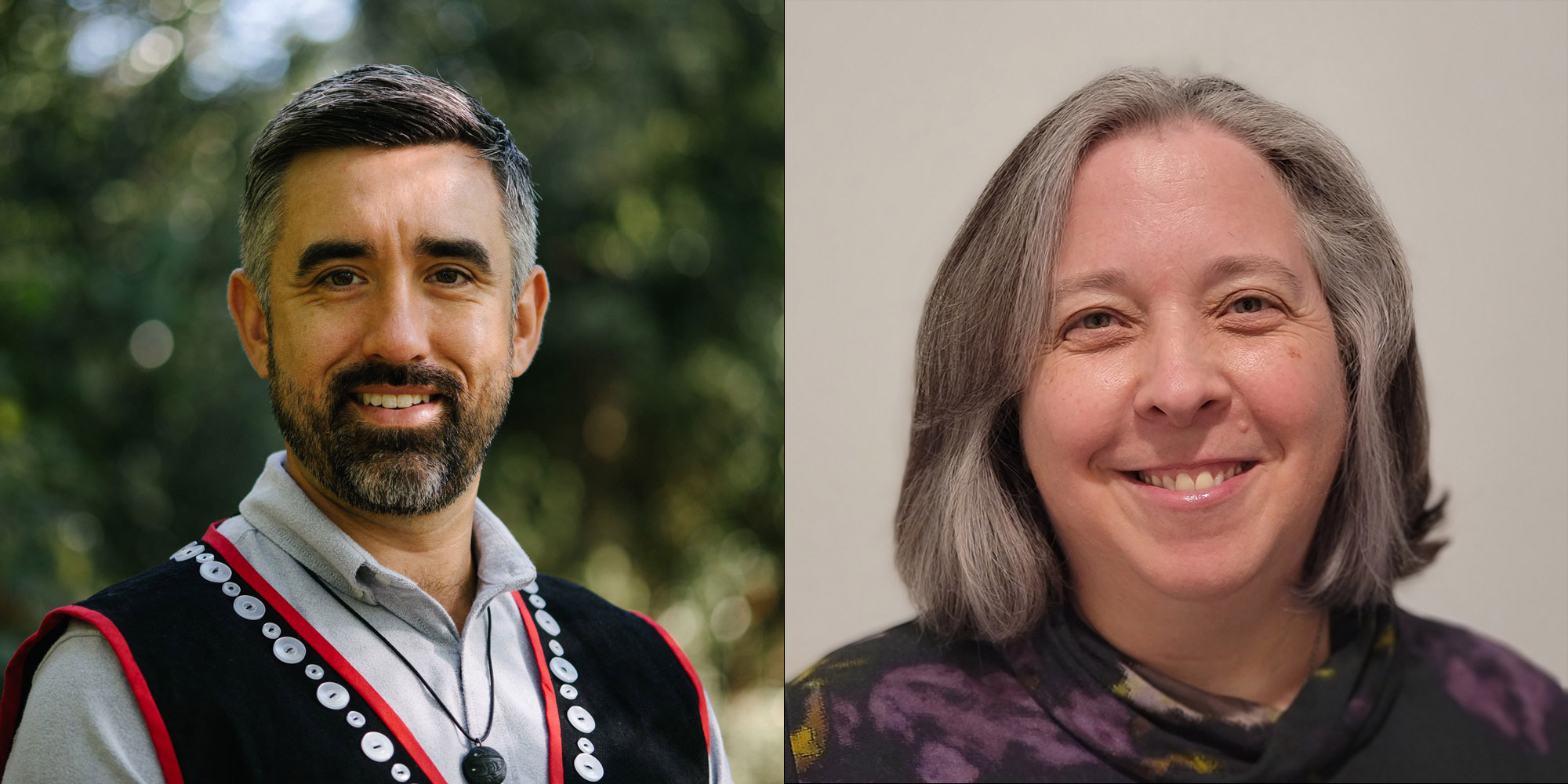Planning and Preparing for Health Care Choices When We Can't Make Them

Have You Named a Substitute Decision Maker to Make the Choices You'd Want?
A message from Dr. Kelsey Louie, Acting Deputy Chief Medical Officer, FNHA Office of the Chief Medical Officer & Sue Bartnik, Nursing Practice Consultant, Palliative Care & Serious Illness Team, FNHA Office of the Chief Nursing Officer
Advance Care Planning Day, taking place April 16, is intended to raise awareness of the importance of preparing for our future health care at any stage of our lives.
Planning for different stages of our lives is always useful, including in the areas of health care, finances, and education. And while some may feel uncomfortable about planning for future health care (i.e., Advance Care Planning) or for after death (i.e., wills/estate/funeral planning), it is important to consider doing both.
Advance Care Planning is for every adult, whether we're young or old, and regardless of our health. It involves determining and sharing our health care wishes with family, friends and/or our health care team in advance, so they know how best to honour our wishes should an accident or unexpected downturn in our health occur where we can't communicate or make certain decisions for ourselves. It also involves identifying a representative called a Substitute Decision Maker. This is someone we trust to speak for us, make health care decisions on our behalf, and uphold our wishes.
Advance Care Planning provides peace of mind for ourselves and our loved ones by decreasing the burden of making difficult decisions during an already stressful time. This planning can help family and friends avoid conflict and worry, knowing with confidence that the health care decisions they make on our behalf are honouring our wishes and values, and not their own, which often involves heightened emotions during stressful times.
Your voice matters, even when you can't speak for yourself, and you have a right to decide your own health care path. It is important to let your family members, friends, and health care team know before you're unable to tell them. And it is important to understand that your advanced care wishes are not “set in stone," but are fluid, meaning you can change your wishes over time, perhaps as your health changes. The important thing is that they give you the opportunity to make your wishes known in advance.
| Steps for Advanced Care Planning Advance Care Planning comprises five main steps that help to ensure your health care is consistent with your own values and preferences: Think about what matters to you. Learn about any health conditions you have.
Decide who can speak for you if you are unable to (Substitute Decision Maker), and ensure this person agrees to take on this role. Talk to your family, friends, and health care providers about your health care wishes. Record your wishes, goals, and priorities. Share copies of this with the people who matter most to you.
|
Information and Resources
The FNHA provides resources to help you plan. Visit https://www.fnha.ca/what-we-do/healthy-living/advance-care-planning.
Advance Care Planning is like having a basket of helpful information that you can reach into when needed. For more about how to prepare your basket, see the FNHA brochure Advance Care Planning: Preparing a Basket with What Matters to You.
If you need assistance with Advance Care Planning, please ask for support from the people in your circle of care – Indigenous Patient Navigators and Liaisons, Elders, Knowledge Keepers, Traditional Healers, Indigenous End-of-Life Guides, your health care team.

